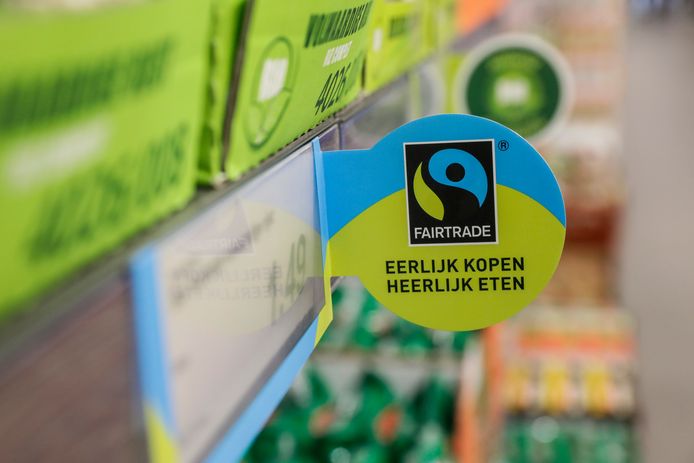Although a large majority of consumers in Belgium recognise the need to consider the environment when buying product, many are unsure how to do that, a survey has found.
While 92% of respondents indicated that they believe they should consume in an eco-friendly way, 85% indicated that they find it useful if products and services include information about their sustainability. The findings were published on Tuesday following a recent survey by the consumer rights association Test Achats.
"This is excellent news, as consumer support is essential for the success of the ecological transition," said Simon November, spokesperson for Test Achats. The survey also revealed that four in ten consumers are more aware of environmental claims today than five years ago. He explained that consumers play an important in steering markets towards a more sustainable path.
Related News
- Chocolate, soy milk and beef linked to deforestation could be banned in EU
- Eating less meat won’t actually help much with Flemish CO2 emissions
- Discounts, not sustainability, attract Belgian shoppers
However, this depends on consumers having the right information to make sustainable choices. The survey showed that many people (68%) have little or no knowledge of the requirements the labels are based on and highlighted that they are confused by the abundance of the labels.
43% stated that they have little or no confidence in public authorities to check products and services or advertising; more than half (57%) believe eco-labels are just a marketing strategy to boost sales.
'This not only jeopardises consumer engagement but also the success of the green transition,' the statement read.
Need for a centralised system
The survey also found that consumers need a clear indication of the sustainability of a product along with its value for money, which is why the association launched its "Eco&Efficient" label, guaranteeing sustainability and good quality.
In response to the findings, Test Achats also advocates a centralised EU-level system to pre-approve labels for the accreditation on the basis of appropriate criteria in "order to strengthen consumer confidence and ensure the success of the necessary ecological transition."
This should also be linked to systematic checks on compliance, in line with consumer demand for more standardised green claims and heavier fines for companies responsible for false claims.
"We have to make sure that every environmental claim is reliable, and we absolutely must get rid of unclear, unsubstantiated and even misleading labels," November said.

